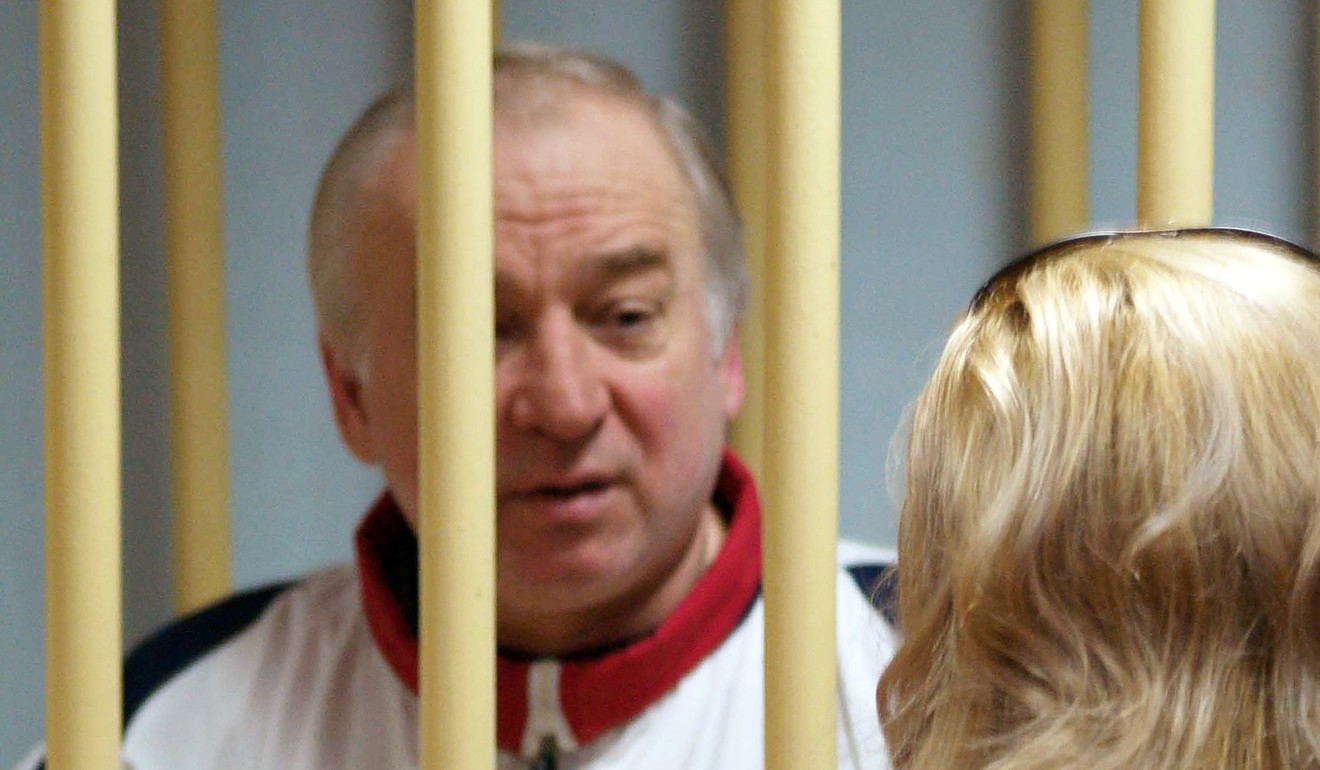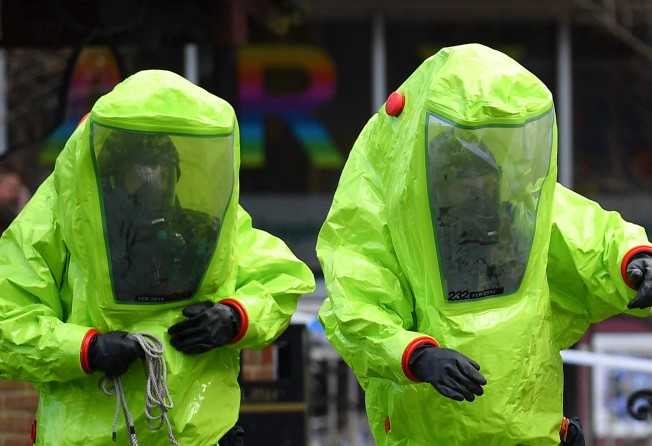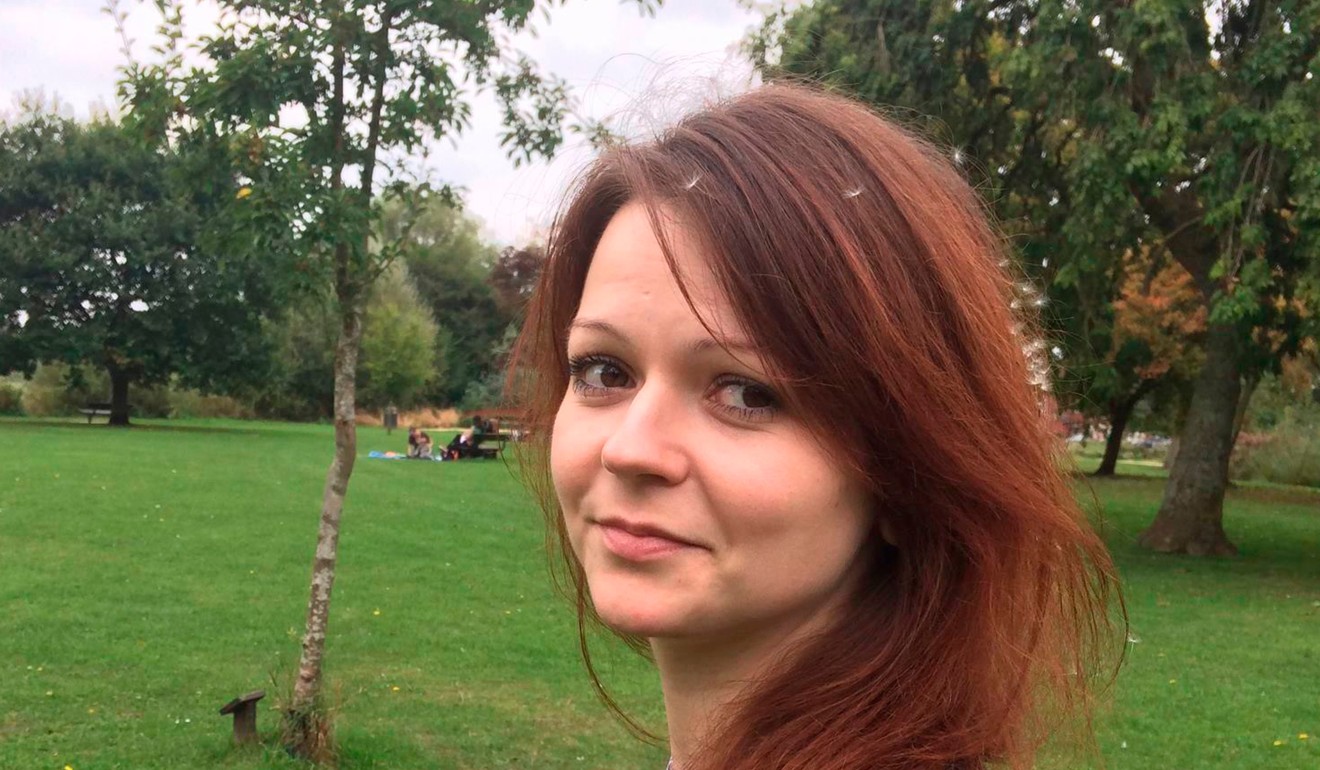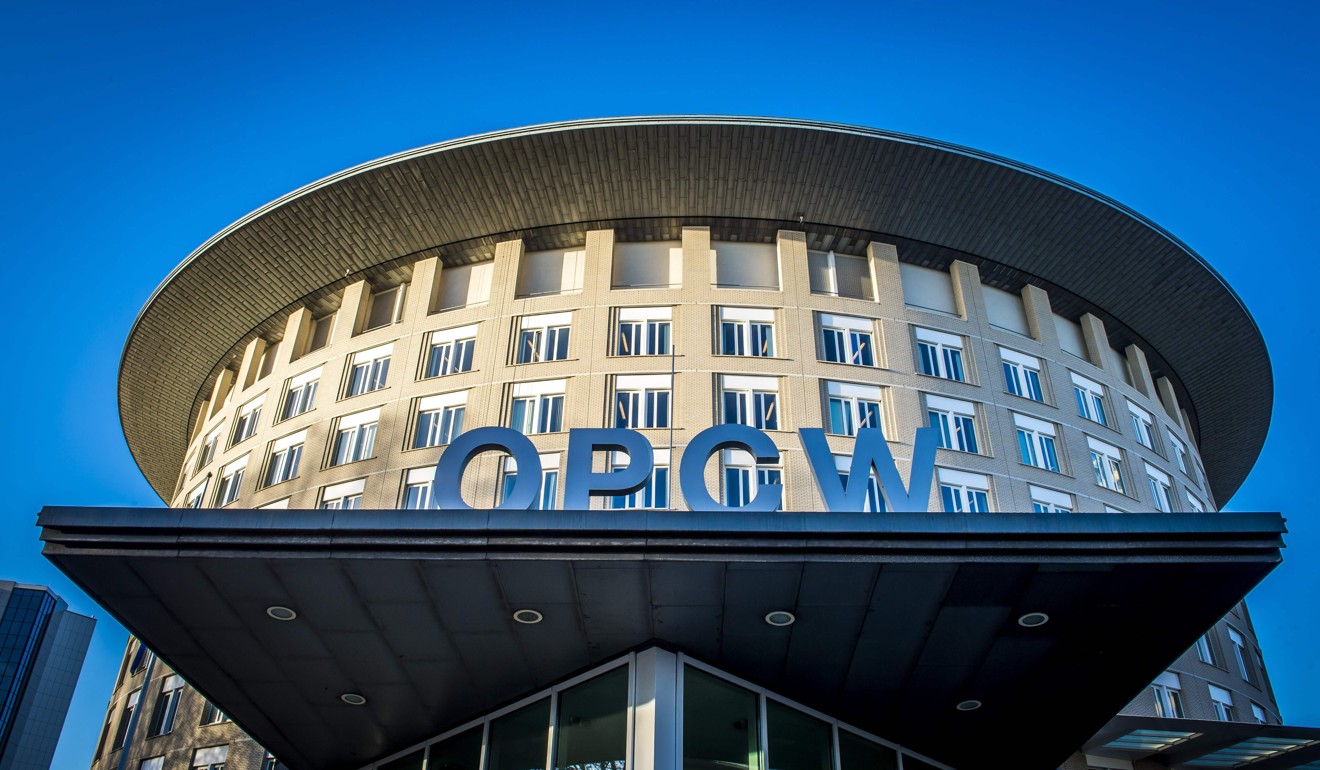
Global chemical weapons watchdog confirms UK findings on Russian-made nerve agent that poisoned ex-spy Skripal
Blood samples confirmed the identity and origin of the toxic chemical that left him and his daughter Yulia in hospital for weeks

The world’s chemical arms watchdog on Thursday confirmed Britain’s findings on the identity of a nerve agent used against a former Russian spy, which London has said involved the Soviet-made Novichok.
Samples tested by the Organisation for the Prohibition of Chemical Weapons (OPCW) “confirm the findings of the United Kingdom relating to the identity of the toxic chemical”, it said.
The watchdog made no assessment of who was to blame for the March 4 attack in Salisbury, England, which also affected Sergei Skripal’s daughter Yulia and a local policeman.
Moscow, however, dismissed the claim, with foreign ministry spokeswoman Maria Zakharova saying that “Russia won’t take on faith any conclusion relating to the Skripal affair until such a time as Russian experts are allowed access to the samples mentioned [by the OPCW].”
However, British Foreign Secretary Boris Johnson was adamant that despite Moscow’s protestations of innocence, it was behind the attack.
“There can be no doubt what was used and there remains no alternative explanation about who was responsible,” he said. “Only Russia has the means, motive and record.”


Experts from the OPCW took samples from the three victims during a visit to Britain last month, which were then tested in international laboratories.
In an executive summary made public at Britain’s request, it said “the toxic chemical was of high purity” but did not name it.
That information and details about its structure would be in a classified report shared with OPCW signatories, it said.
Johnson said the chemical “was a military grade nerve agent – a Novichok”, a group of deadly chemical compounds reportedly developed by the Soviet government in the 1970s and 1980s.
“We have called a session of the OPCW Executive Council next Wednesday to discuss next steps. The Kremlin must give answers,” he added.
Alastair Hay, Professor of Environmental Toxicology at the University of Leeds, said the findings were a “vindication” of Britain’s position.
He added: “The high purity of the substance will strengthen the UK’s position that the agent was made by a highly proficient team and in a well refined process.”

Prime Minister Theresa May’s government has said Russia was known to have used Novichok, and pointed to the country’s pattern of “reckless behaviour”, including the annexation of Crimea.
Russia insists it has destroyed all of its chemical weapons and has responded angrily to suggests it targeted Skripal, a former intelligence officer who sold secrets to the British.
Skripal moved to Britain in a spy swap in 2010 and settled in Salisbury, and Yulia was visiting from Russia when they were poisoned, likely via contamination from his front door.
Despite initial fears that they would not survive, Yulia Skripal was released from hospital to an undisclosed location on Monday, while her father is said to be improving rapidly.
The Russian embassy in London has requested consular access to the Skripal, and warned that any secret resettlement of the family “will be seen as an abduction or at least as their forced isolation”.
In a statement issued through British police on Wednesday, Yulia Skripal said she did not currently want any help from the embassy, adding: “I am safe and feeling better as time goes by.”
She said her father “is still seriously ill” and said she herself is “still suffering with the effects of the nerve agent used against us”.
She also distanced herself from her cousin Viktoria Skripal, who has spoken to Russian media about the poisoning and has sought to visit Britain, although her visa was rejected.
“I thank my cousin Viktoria for her concern for us, but ask that she does not visit me or try to contact me for the time being,” Yulia Skripal said.